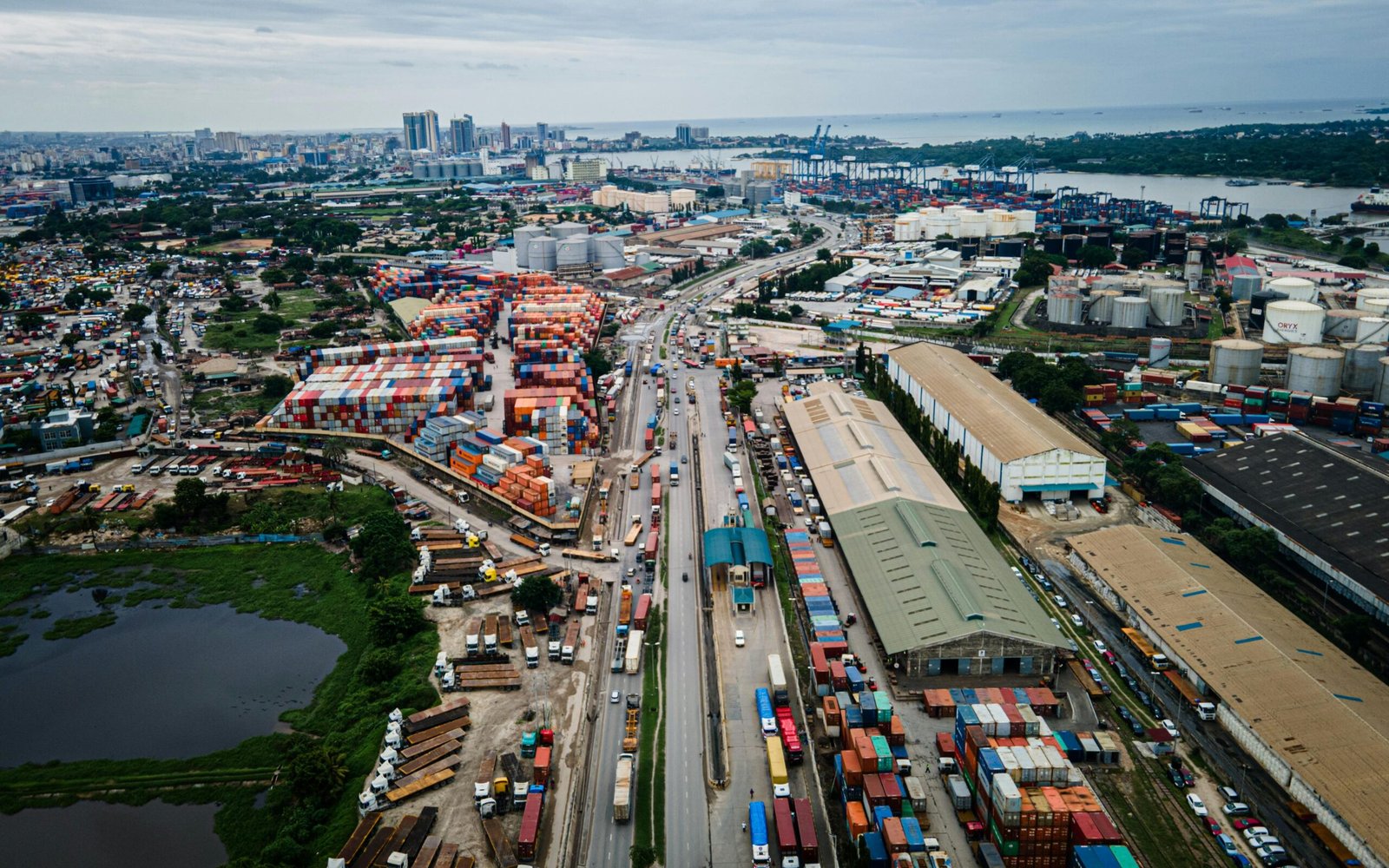China has announced that it will remove tariffs on almost all goods from 53 African countries. This move opens the door for African businesses to export to China with zero customs duties; a massive opportunity for manufacturers, suppliers, and trade-focused companies.
At the same time, the United States has raised tariffs on some African goods, adding pressure to long-standing trade partnerships under the AGOA (African Growth and Opportunity Act) program.
What This Means for African Sourcing & Supply Chains
- China is buying more from Africa: This gives local suppliers better access to one of the world’s biggest consumer markets.
- Products like textiles, food, and light machinery are now more attractive to Chinese buyers, especially with no tariffs in the way.
- Training and support from China may help smaller businesses grow, compete, and scale for export success.
On the Other Side: U.S. Tariffs on African Exports
While China is opening up, the U.S. is raising barriers. Higher tariffs on goods from South Africa and other countries threaten jobs, production, and partnerships built over decades.
This shift could push many African companies to pivot their focus eastward, exploring new trade routes and building stronger links with Asian markets.

🧭 What We Think: A Message From Our Team
“This is our moment to show Asia what Africa has to offer. By delivering quality, consistency, and innovation, African suppliers can lead the way in building smoother cross-border trade with China and beyond.”
💼 What Businesses Should Do Now
✅ Explore new sourcing opportunities: Identify suppliers in sectors like textiles, food, and raw materials who can now compete in China.
✅ Rethink your trade routes: U.S. tariffs may increase costs, consider China or other Asian partners as alternatives.
✅ Partner with sourcing experts: If you’re exporting or importing African goods, now is the time to work with trade specialists who can help you tap into these new markets.
✳️ Bottom Line
Trade dynamics are changing fast. Africa is in a position to lead, not just follow. With the right partnerships and preparation, businesses can grow faster and go further in a new global landscape.